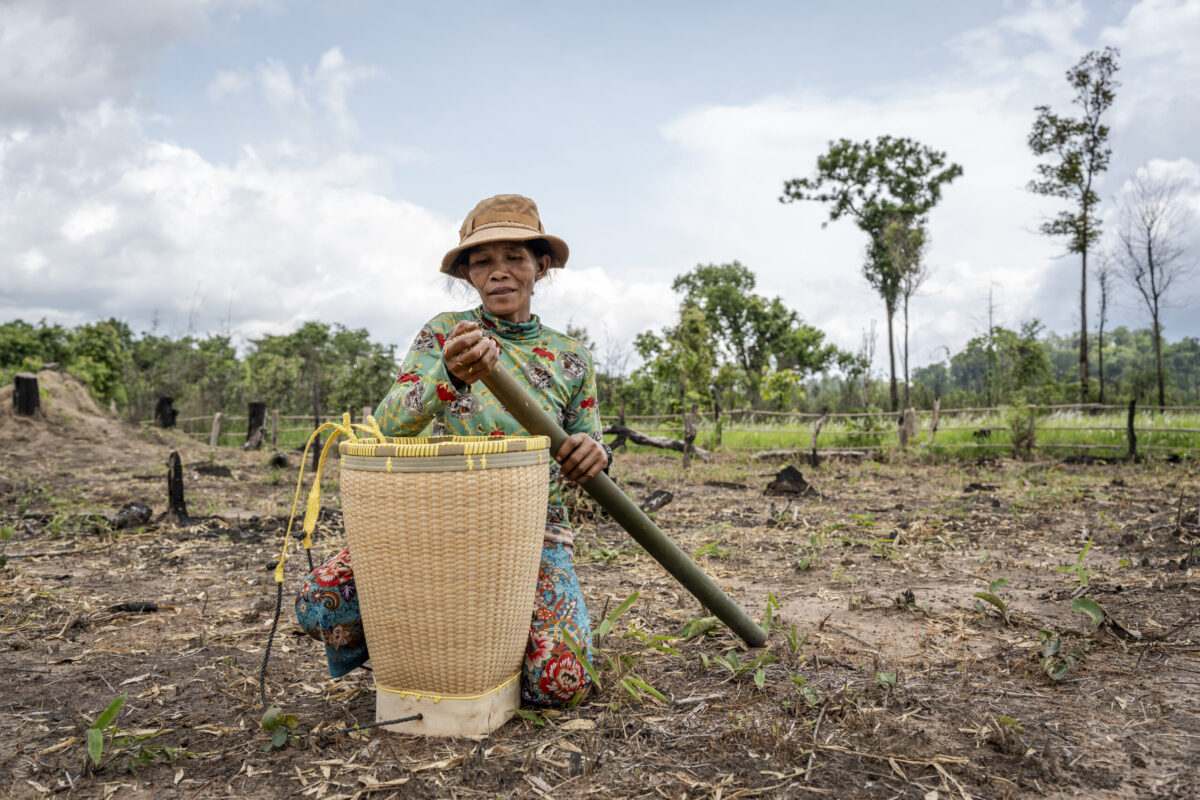Promoting Climate Resilience in Cambodia: A CARE Approach
Rights-based Approach: CARE emphasizes the protection and fulfillment of human rights, including the rights to food, water, health, and a clean environment, within the context of climate change.
Gender Equality and Women’s Empowerment: CARE recognizes the differential impacts of climate change on women and men and promotes gender equality through inclusive decision-making processes and targeted interventions.
Community Engagement and Ownership: CARE believes in the active participation and empowerment of communities in decision-making, planning, and implementation of climate change interventions.
Partnerships and Advocacy: CARE collaborates with governments, civil society organizations, social movements, academia, and other stakeholders to influence policies and advocate for climate resilience at local, national, and regional levels.
Climate Change in the Garment Sector
With over 20 years of experience in Cambodia’s garment, footwear, and textile sector, CARE has witnessed firsthand the growing impact of climate change on workers and productivity. Extreme weather conditions have disrupted daily life — 38% of workers reported income loss, and productivity can drop by 5.5% per day during heatwaves.
The GFT sector now stands at the crossroads of climate and social justice. As one of the country’s largest sources of pollution and waste, it also heavily relies on forest wood for steam boilers, contributing to deforestation and hindering Cambodia’s green transition.

